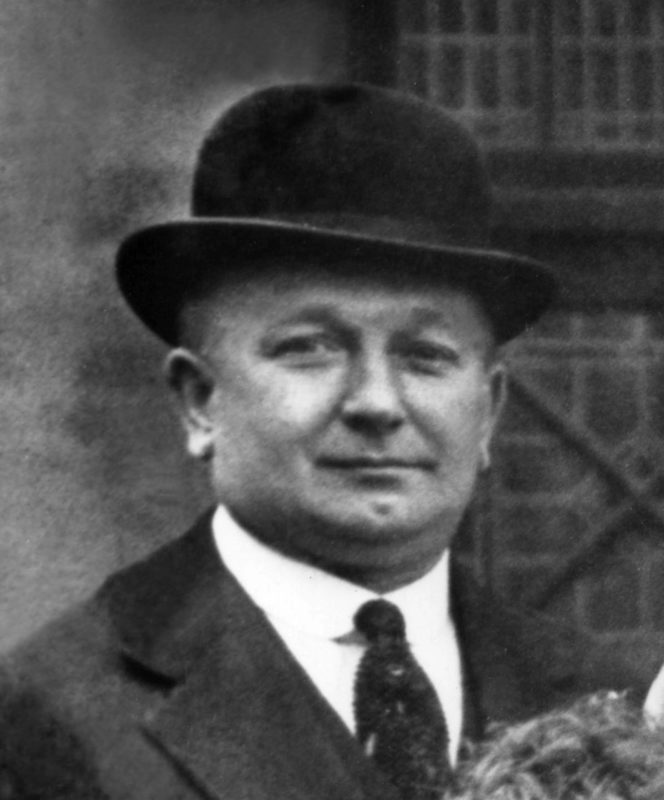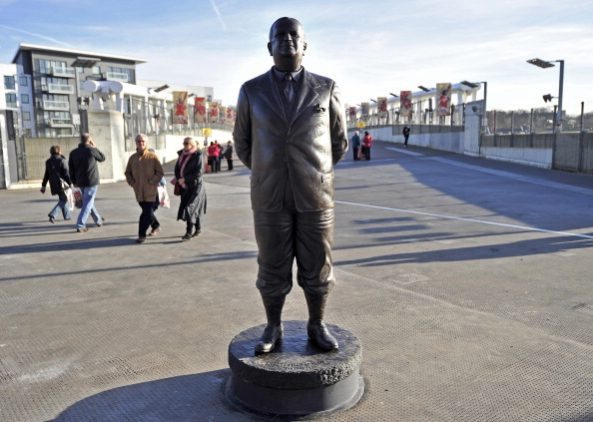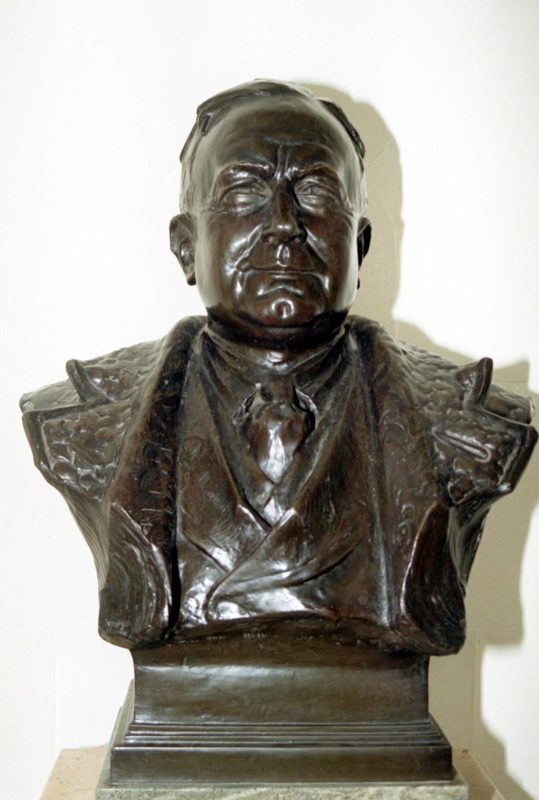Herbert Chapman is an Arsenal legend, but shouldn’t he be a footballing one all fans know?

The legendary Arsenal manager, revered by Arsenal fans everywhere, is rarely mentioned when it comes to discussions about those who changed the wider game or had a massive impact, when that conversation involves people not connected with or to Arsenal.
Everyone knows the name Bill Shankly, for what he did at Liverpool or Matt Busby, with Manchester United, but Herbert Chapman? Mention him and many still scratch their heads.
He did more to help develop the game than either of those two.
Perhaps it’s a matter of time, although I first wrote this in 2015, updating it now to say not much has changed.

Chapman was a manager long before most of us were alive, perhaps that plays a part. He had come and gone before those better-known greats did their thing.
Taking over at Arsenal in 1925, Chapman managed the club until his death from pneumonia in 1934, when he was still only 55.
His Arsenal salary of £2,000-a-year was said to be the highest ever paid in football, and it was one Chapman repaid many times over, the club turning a gross profit of £15,000 for three successive seasons, presumably around the time he guided Arsenal to back-to-back league titles.
Chapman did the same with Huddersfield Town while he also guided both sides to FA Cup success.
Unlike his heralded United and Liverpool counterparts Chapman didn’t, however, win a European trophy, but that was because UEFA did not come in to existence until 20 years after his death. You can’t win what doesn’t exist.
While Shankly and Busby might have lifted European trophies, it was Chapman who actually proposed the concept of a European-wide competition in the first place, shortly before his sudden death.

A big fan of the European game at a time when it was not fashionable to be one, Chapman also saw past race, nationality and everything else that held sway in the game at the time, becoming one of the first to even consider signing black players or ones from abroad.
One of the first modern pioneers of the game, Chapman’s innovations changed the shape of football in the 20th century; from the introduction of his famous WM formation, installing floodlights at Highbury (even though they were not allowed to be used for games until the 50’s), putting numbers on the back of shirts, using physiotherapists and masseurs and overhauling training methods, playing with white balls, and changing Gillespie Road tube station to Arsenal.
Herbert Chapman was not afraid to experiment in order to find an edge for his team and many of his methods live on today, albeit in a more modernised form.
And that’s only a sample of what he came up with.
The son of a coal miner, Chapman’s playing career was unremarkable, but the mark he left on the game as a manager still runs throughout it today like the Thames through London.
Who knows what else Chapman might have dreamed up had he not died preparing Arsenal for their third league title in a row.
Chapman, Busby and Shankly all won two FA Cups. The United manger five titles, the Liverpool one three and slap bang in the middle was Chapman with four.
It might be 143 years since the great man was born, but that’s no reason to forget his name.
Chapman deserves, at the very least, to be mentioned in the same breath as those others who so many hold in high regard.
Herbert Chapman’s funeral
Newspaper report from the Hartlepool Daily Mail, Wednesday, 10 January 1934
“HERBERT CHAPMAN BURIED CHURCHYARD A GARDEN OF BLOOMS
“The churchyard at Hendon was transformed into a garden of rare blooms today, when Mr. Herbert Chapman, manager of the Arsenal Football Club, was buried.
“The sombre yews, the bare trees, the grass plots, the flower beds – all were covered with flowers in wreaths, crosses, chaplets, and sheaths. Through them walked every one of the Arsenal players and leading sportsmen from all parts of the British Isles. The red and white the famous club was splashed everywhere.
“Among the flowers on the coach which preceded the hearse was floral set of goalposts and a ball.
“Six members of the Arsenal start acted as bearers, and, in addition to the leading football clubs and sporting organizations in this country, the Sporting Club France, the Swedish and Danish and Austrian clubs showed that they too deeply regretted the passing of great manager.”
